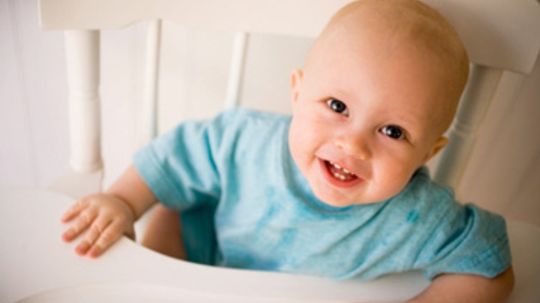Curious about why babies grind their teeth? Let’s delve into this intriguing phenomenon and explore its possible causes.
The Curious Case of Baby Teeth Grinding
Baby teeth grinding, also known as bruxism, can be a perplexing behavior observed in infants. This rhythmic movement of their tiny jaws may leave parents wondering what prompts such actions.
Possible Explanations for Bruxism in Infants
One potential reason behind baby teeth grinding is the emergence of new teeth. As these pearly whites make their way through tender gums, some babies find solace by rubbing them together. This instinctual response might alleviate discomfort or itching sensations associated with teething.
An additional factor contributing to infant bruxism could be stress or anxiety. Just like adults clenching their jaws during tense situations, babies might resort to grinding their teeth when feeling overwhelmed or uneasy.
In certain cases, misalignment between the upper and lower jaw could lead to tooth grinding in infants. As they navigate the early stages of oral development, it is not uncommon for temporary imbalances to occur within their growing mouths.
Nurturing Healthy Dental Habits from an Early Age
To address baby teeth grinding concerns effectively, it is crucial for parents to adopt proactive measures that promote dental health from infancy onwards. Regularly massaging your little one’s gums with clean fingers or a soft cloth can provide relief during teething episodes and potentially reduce the urge to grind.
Cultivating a calm environment at home can also contribute positively towards minimizing stress-related bruxism in infants. Engaging in soothing activities before bedtime and establishing consistent sleep routines may help create a sense of security for your little bundle of joy.
Conclusion
In conclusion, while the exact reasons behind baby teeth grinding may vary, it is essential for parents to remain attentive and proactive in addressing this behavior. By understanding potential causes such as teething discomfort, stress, or jaw misalignment, caregivers can take appropriate steps to ensure their little one’s dental well-being. Remember, seeking guidance from a pediatric dentist can provide valuable insights tailored to your child’s specific needs.

